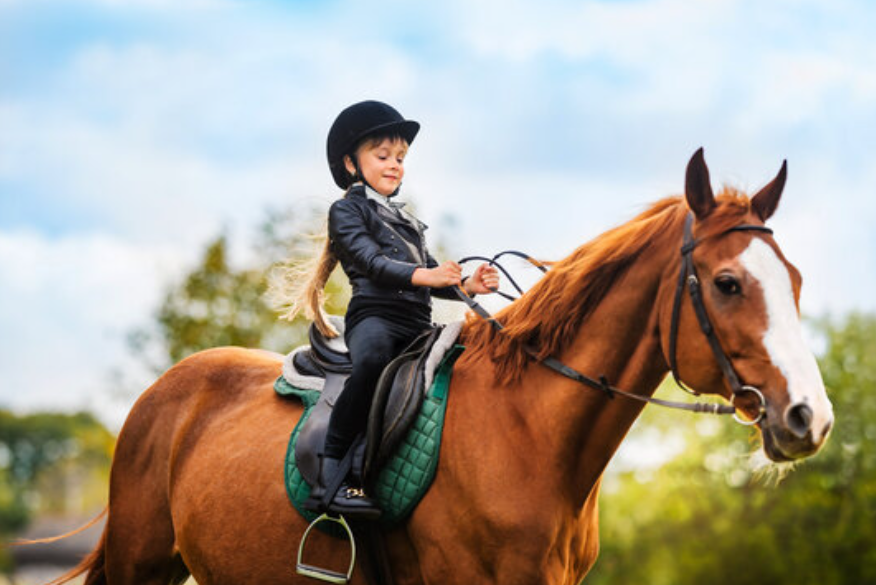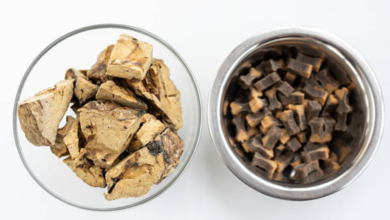
Essential Insights for Prospective Horse Owners
Owning a horse is a significant commitment that goes far beyond purchasing the animal itself. Horses require daily care, attention, and financial investment. Each horse is an individual with its own personality, needs, and health considerations. Potential owners should take into account the time, effort, and resources required to ensure their horse thrives. This involves not only daily feeding, grooming, and exercising but also maintaining regular veterinary and farrier visits.
Financial Responsibility
The financial aspects of horse ownership can be daunting for newcomers. Beyond the initial purchase price, ongoing expenses include feed, bedding, veterinary care, farrier services, and equipment. Additionally, owners must consider stable or boarding fees, which can vary significantly based on location and facility amenities. It is crucial to create a detailed budget and plan for unexpected costs, such as emergency veterinary visits. Many prospective owners underestimate the overall financial responsibility of owning horses, so careful financial planning is essential.
Choosing the Right Horse
When considering horse ownership, one of the most critical decisions is selecting the right horse. Prospective owners should evaluate their experience level, riding goals, and lifestyle before making a choice. Different horse breeds and temperaments are suited for various purposes, including recreational riding, competitive sports, or therapeutic activities. It is advisable to consult with experienced riders, trainers, or professionals who can provide guidance on selecting a horse that matches the owner’s skill set and goals.
Understanding Horse Behavior
Horses are social, intelligent animals with complex behaviors and communication styles. Understanding basic equine behavior is essential for effective management and care. Horses thrive in a herd environment, as they are instinctively herd animals. Recognizing their body language, vocalizations, and social interactions can help owners build strong, trusting relationships with their horses. Educating oneself about equine behavior can also minimize the risk of accidents and promote a safer environment for both the horse and owner.
See also: A Lifetime of Smiles: Your Guide to Optimal Oral Health
Providing Proper Nutrition
Nutrition plays a crucial role in the overall health and well-being of a horse. A balanced diet is essential for maintaining an appropriate body condition, supporting growth, and ensuring optimal performance. Prospective owners should familiarize themselves with the nutritional needs of horses, which can vary based on age, breed, workload, and health status. High-quality hay, grains, and supplements may be necessary to provide a complete diet. Additionally, fresh, clean water must always be available. For those considering trail riding or packing, understanding how gear like pack saddles affects a horse’s energy needs and comfort is also an important part of responsible nutrition planning.
Creating a Safe Environment
An essential aspect of responsible equine management is ensuring the horse has a safe and secure environment. Whether the horse is kept at home or in a boarding facility, the stall and pasture must be free of hazards that could lead to injury. Fencing should be sturdy and well-maintained, while shelters must provide protection from harsh weather conditions. Regularly checking the environment for potential dangers, such as sharp objects or toxic plants, is crucial for preventing injuries and ensuring the horse’s safety.
Establishing a Routine
Horses thrive on routine, which can help reduce stress and anxiety in their daily lives. Establishing a consistent schedule for feeding, exercising, grooming, and veterinary care fosters a sense of security for the horse. Owners should aim to maintain regular hours for these activities, as unpredictability can lead to behavioral issues. Routines not only benefit the horse but also help owners manage their time effectively.
Regular Veterinary Care
Routine veterinary care is a cornerstone of responsible horse ownership. Regular check-ups, vaccinations, and dental care are essential to maintaining a horse’s health. Owners should work closely with a veterinarian to create a comprehensive health plan tailored to their horse’s specific needs. This includes parasite management and a consistent vaccination schedule. Recognizing early signs of illness or discomfort and seeking prompt veterinary attention can prevent minor issues from escalating into serious health concerns.
Farrier Care
Maintaining a horse’s hooves is another critical aspect of equine management. Regular farrier visits are necessary to ensure proper hoof care, which can impact the horse’s overall health and performance. Horses require hoof trimming and, if needed, shoeing to support their specific activities. Owners should develop a good relationship with a qualified farrier, who can provide guidance on hoof care and help address any concerns.
Engaging in Training and Education
Training is not only essential for developing a horse’s skills but also for establishing a strong bond between the horse and owner. Investing time in training helps enhance communication and encourages positive behaviors. It is beneficial for prospective owners to continue their education about horsemanship, whether through clinics, workshops, or online resources. Learning about different training methods can enhance the owner’s ability to manage and ride their horse effectively.
Building a Support Network
Equine management can be a demanding endeavor, and building a supportive network of fellow horse enthusiasts, trainers, and veterinarians can be invaluable. Joining local riding clubs or online forums can provide access to shared experiences, advice, and resources. Connecting with others in the horse community fosters a sense of camaraderie and can help new owners navigate the challenges of horse ownership.
Building Trust
Becoming a horse owner is a rewarding journey that requires careful consideration and dedication. By understanding the commitment involved, establishing a solid financial plan, choosing the right horse, and prioritizing health and safety, prospective owners can ensure they provide responsible care for their equine companions. With the right knowledge, skills, and support, the experience of owning a horse can lead to a fulfilling partnership built on trust and shared experiences.




